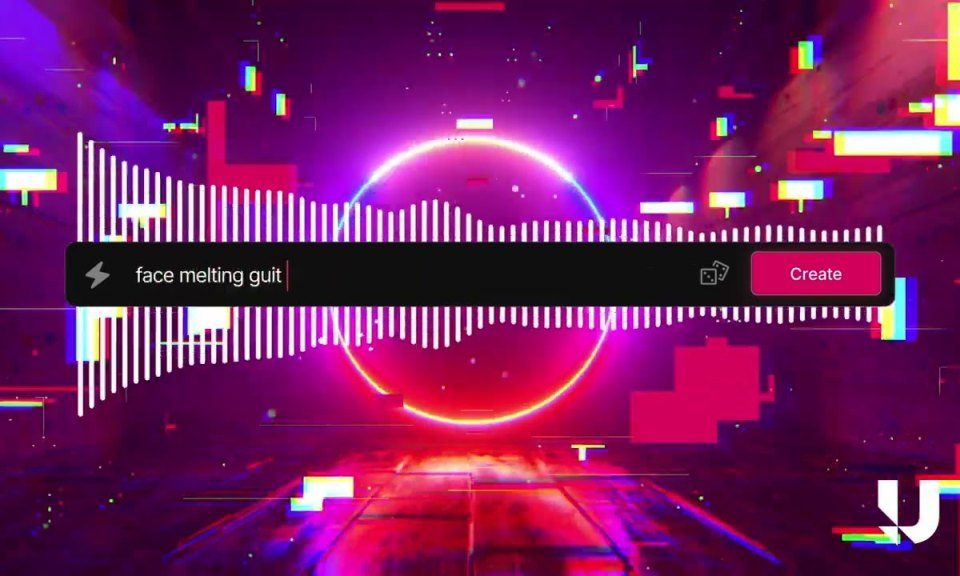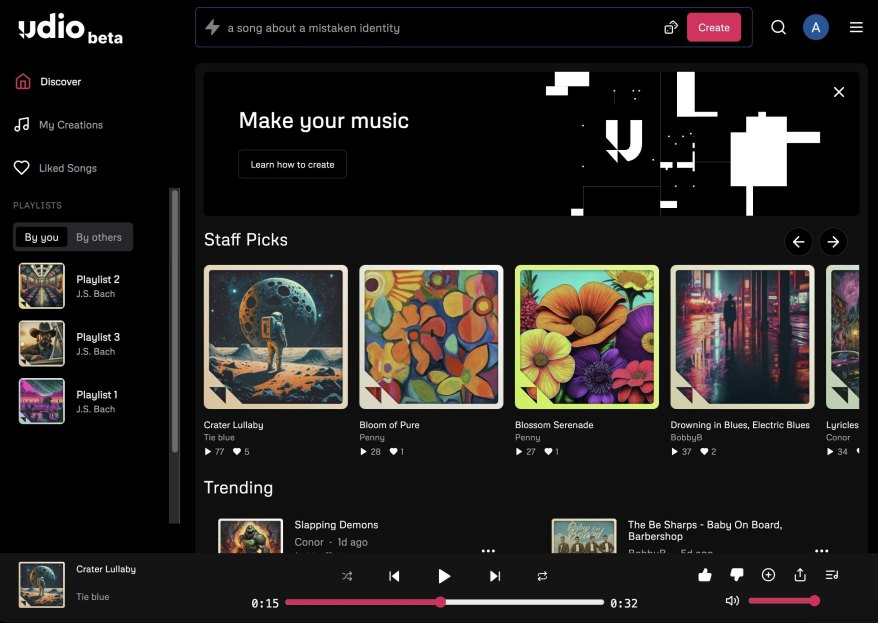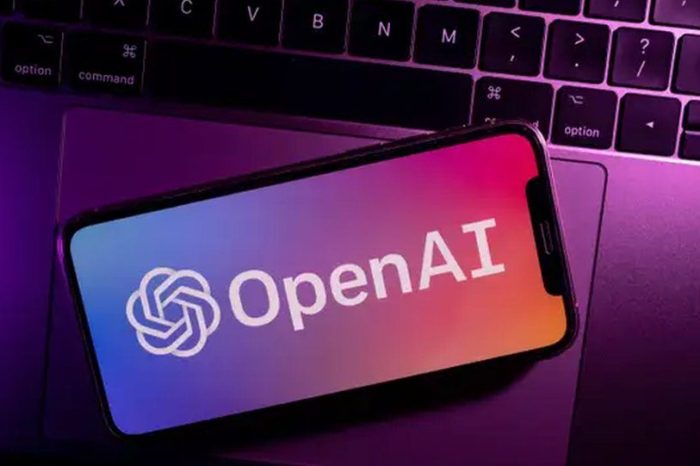AI startup companies Suno and Udio sued by major music labels for copyright infringement

In a major legal challenge that could have widespread implications across the AI industry, major record labels Sony Music, Universal Music Group (UMG), and Warner Records have filed lawsuits on Monday against generative AI startups Suno and Udio.
The lawsuits, filed respectively in New York and Massachusetts federal courts, accuse the AI companies of extensive copyright infringement. The labels allege that Suno and Udio unlawfully used their recordings to train AI systems designed to generate music, which the labels argue could potentially undermine the creative works of human artists.
Representatives for Suno and Udio did not immediately respond to requests for comment on the lawsuits.
The legal actions mark a pivotal moment in the intersection of AI technology and copyright law, coming closely after similar disputes involving the unauthorized use of content to train text-based AI models. These cases have raised complex questions about fair use and the boundaries of AI development.
According to the complaints, Suno and Udio allegedly replicated elements from iconic songs such as The Temptations’ “My Girl,” Mariah Carey’s “All I Want for Christmas Is You,” and James Brown’s “I Got You (I Feel Good).” The lawsuits claim that these AI systems can produce vocals indistinguishable from renowned artists like Michael Jackson, Bruce Springsteen, and ABBA, Reuters reported.
The record labels are seeking significant damages, potentially up to $150,000 per song copied, highlighting the scale and seriousness of the alleged infringement. They have also criticized Suno and Udio for being opaque about the materials used to train their AI, accusing them of deliberate evasion.
Mitch Glazier, CEO of the Recording Industry Association of America, condemned the practices of these AI startups, stating, “Unlicensed services like Suno and Udio that claim it’s ‘fair’ to copy an artist’s life’s work and exploit it for their own profit without consent or pay set back the promise of genuinely innovative AI for us all.”
These legal challenges underscore broader concerns about the ethical and legal implications of AI-generated content, particularly in music and voice replication technologies. They also highlight the urgent need for clearer regulations to govern the use of copyrighted material in AI development.
Meanwhile, just last month, actress Scarlett Johansson threatened legal action against OpenAI, alleging that the ChatGPT creator used her voice without permission after she declined to license it to the company back in September. This incident further fuels debates over the ethical boundaries of AI technology and the rights of individuals to control the use of their likeness in digital formats.
Despite the lawsuits, the AI sector continues to attract substantial investment, with both Suno and Udio securing significant funding this year for their AI music generation platforms. This ongoing investment indicates robust interest and potential growth in AI technologies, despite the legal uncertainties surrounding their use of copyrighted material.
As these cases proceed through the legal system, they are likely to shape the future landscape of AI development and intellectual property rights, particularly in creative industries where innovation and protection of artistic works are closely intertwined.





